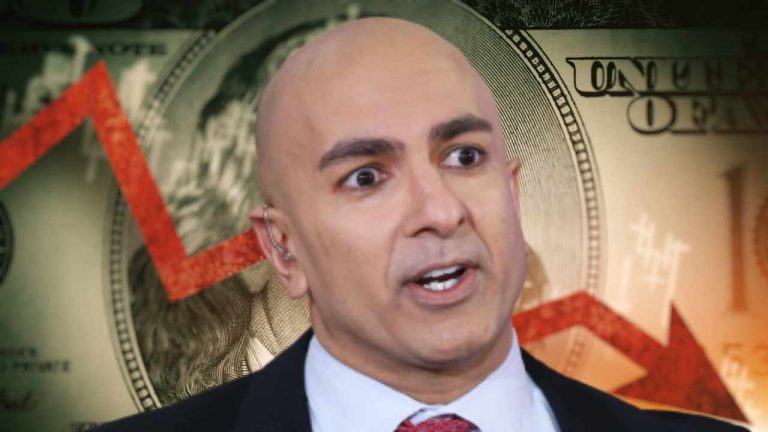The Central Bank of Sri Lanka (CBSL) has already issued a notice on cryptos insisting on its stand as the nation’s economy continues to crumble. On July 12, Sri Lanka’s central bank published a public awareness notice in the wake of “recent developments in relation to virtual currency usage.” It warned the public about crypto transactions.
The bank described digital assets as “largely unregulated digital representations of value” that are wholly issued by private entities and are tradable.
While insisting on its past stand in notices in 2018 and 2021, the CBSL said that it has not authorized or granted any licenses to any firm operating ‘schemes’ that involve crypto assets. Thus, crypto exchanges and mining operations remain banned in the troubled nation.
No Crypto Access For Sri Lanka
The central bank continued to remind the general public that under the 2017 Foreign Exchange Act, electronic fund transfer cards (EFTCs) including debit and credit cards are not allowed to be used for payments that are related to crypto transactions.
Hence, Sri Lankans are not permitted to use their bank cards to transact with crypto exchanges or firms. Thousands of protestors took to the streets amid economic collapse.
The CBSL concluded that crypto assets were “unregulated financial instruments” with no oversight or safeguards for usage in the nation. It rounded the bulletin off with a veiled warning to the public over potential legal impacts should they dive into digital assets.
“The public is therefore warned of the possible exposure to significant financial, operational, legal and security related risks as well as customer protection concerns posed to the users by investments in VCs [virtual currencies].”
This warning comes amid weeks of economic and political turmoil in Sri Lanka which has seen tens of thousands of protestors flood the streets this week. Over the weekend, many protestors stormed Sri Lankan President Gotabaya Rajapaksa’s residence located in Colombo. They seized food supplies and commandeering the building.
Reports emerged on July 13 alleging that President Rajapaksa had fled the country for the Maldives, many hours before he was due to step down.
Economic Turmoil
Inflation in the nation is now at an all-time high of 54.6% and household budgets have been stretched to breaking point. Notably, the central bank raised interest rates to 15.5% meaning that people’s savings are getting destroyed as their debt repayments have surged.
Furthermore, the state has put limitations on purchasing fuel plunging 22 million people into the most severe humanitarian crisis in 70 years. There are also medicine and food shortages in the nation. There would not be a better time to give citizens access to cryptocurrency so that they can hold stablecoins as an inflation hedge, but the central bank has other ideas.
Sri Lanka's economy has collapsed. According to the Prime Minister, the country is bankrupt due to an external debt of $50 billion. There is no fuel, food is running out and the country is facing a humanitarian crisis.
Sri Lanka needs a crypto lifeboat ASAP.#economy #news
— Ioan Munteanu (@MunteanuIoan13) July 12, 2022
Similar protests about rampant inflation have happened in Kenya, Albania, Italy, Argentina, China, Panama, the Netherlands, Belgium, and Ghana. The US is expected to release its inflation data (CPI) for June which analysts expect to be worse than May’s level at 8.8%.

 1 year ago
76
1 year ago
76 

